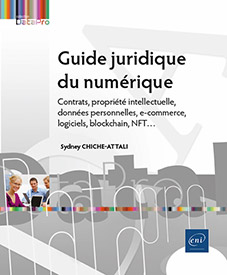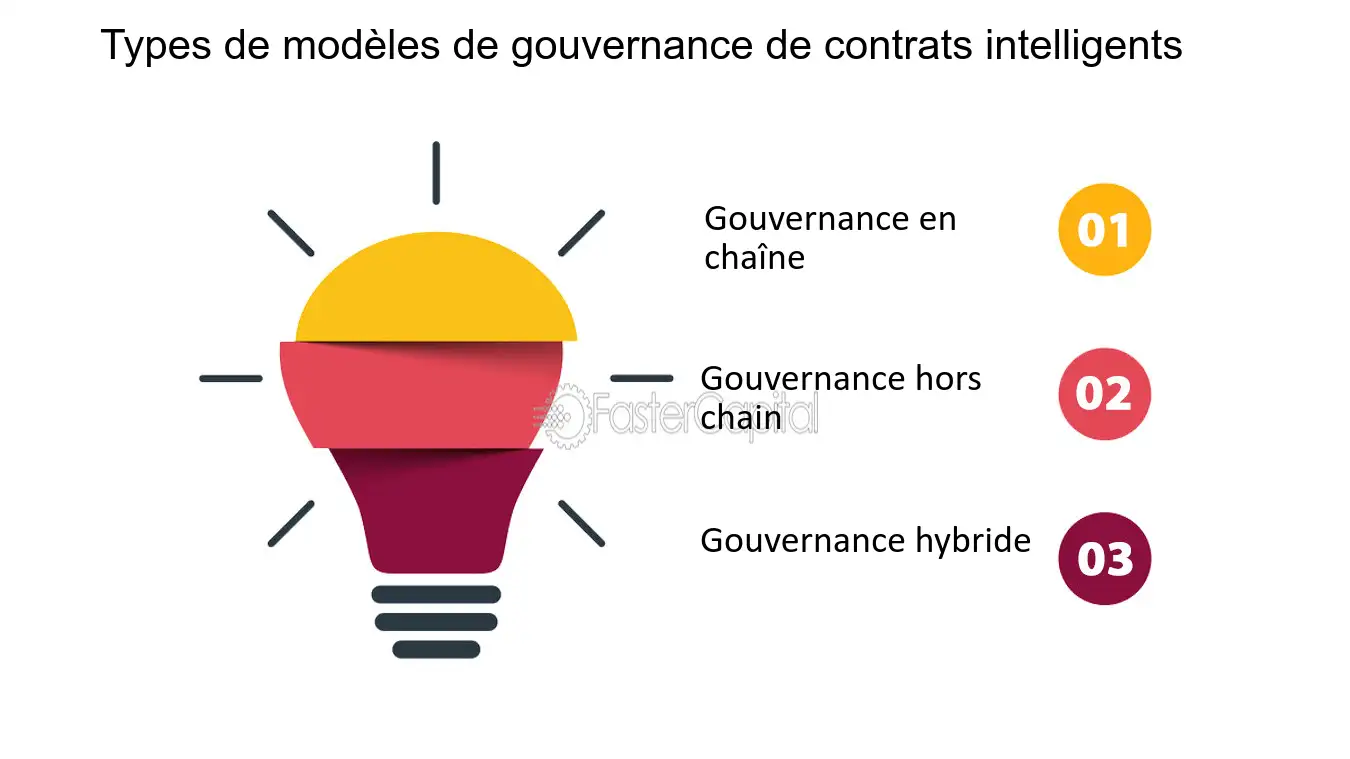The adoption of smart contracts within the European Union marks a crucial step for the data governance. With the approval of the Data Governance Act and strengthening licensing for data intermediaries, these smart contracts ensure increased transparency and more effective regulation. Data-driven technologies are transforming various economic sectors, and the EU is banking on their economic and technological potential to propel its future development.
Zengo est de loin le meilleur portefeuille NFT et crypto. Outre le fait d’être un portefeuille non-dépositaire, il privilégie la sécurité des utilisateurs en proposant le MPC. Zengo se démarque aussi par son authentification à 3 facteurs. Sa fonctionnalité multi-chaînes le permet en même temps de prendre en charge divers actifs numériques dont les blockchains les plus populaires.

Table of Contents
ToggleSmart contracts and their role in data governance
THE smart contracts, Or smart contracts, are self-executing computer programs that facilitate, verify and automatically enforce the terms of a contract. They find increasing utility in data governance, making the process not only secure but also transparent. By integrating smart contracts, the European Union aims to strengthen data management and sharing while minimizing the risks of abuse and non-compliance.
Procurement of an EU intermediary license
In order to improve the data governance, the EU has put in place strict rules governing providers of data intermediation services, also known as data intermediaries. These intermediaries, such as data marketplaces, now require a specific license, ensuring that they operate compliantly and securely within a regulated framework.
The Data Governance Law
THE Data Governance Act (DGA) established by the European Union offers a solid regulatory framework aimed at facilitating the reuse of public sector data while ensuring their protection. This text in conjunction with the European data strategy highlights the growing importance of data-driven technologies in our economy.
The EU and new data-driven technologies
Data-driven technologies are having a significant impact on all sectors of the economy. By adopting regulations such as the Data Governance Act, the EU is preparing to maximize the economic and technological benefits of using data data. There European Commission has even put in place a coordinated plan to promote these technologies, recognizing their transformative potential.
Evolution of smart contracts and their future in Europe
The integration of smart contracts is a major step forward, but it is not without challenges. For example, European data law requires that these contracts be modifiable to comply with future certification standards. This flexibility may bring some uncertainty but aims to ensure that contracts remain compliant with regulatory developments, thus ensuring data governance efficient and secure.
Applications of smart contracts in insurtech and fintech
THE smart contracts in insurtech and fintech are already revolutionizing sectors like insurance and finance. Their ability to automate transactions and ensure transparency is widely recognized. For example, they facilitate the digitalization of loans and credits while ensuring that contract terms are strictly respected without human intervention.
🌐 Les contrats intelligents de #Massa éliminent le besoin de bots et de serveurs, améliorant ainsi la décentralisation et l'évolutivité.
— Cointribune (@CoinTribuneFR) May 4, 2024
⚡ Le débit cible du mainnet est de 10 000 transactions par seconde.#DeFi #NFT #blockchain@MassaLabshttps://t.co/NV8WuEBUs5





